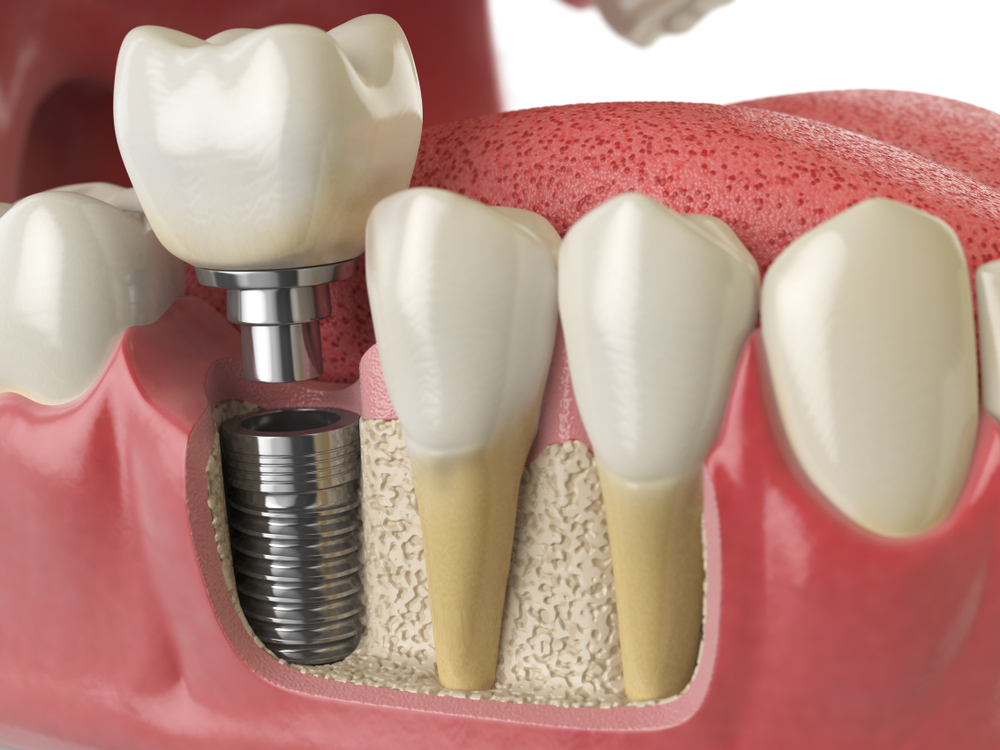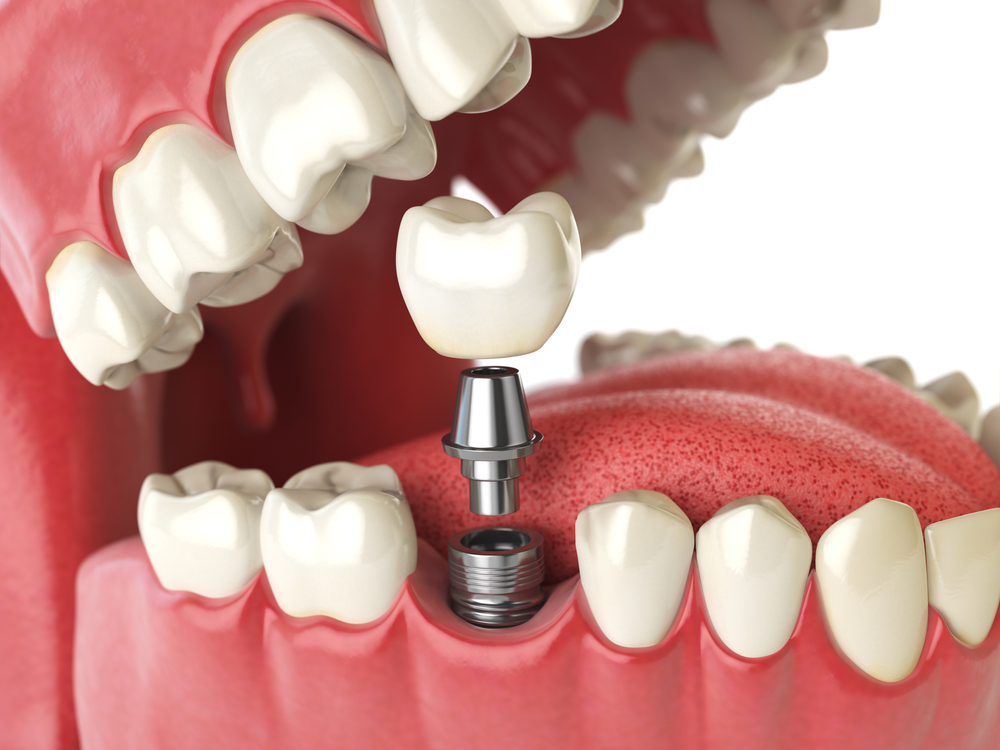Dental Implants & Crowns

Premium dentistry at Affordable prices
We offer the highest quality care for all patients. We are known to be the most affordable orthodontic clinic in the UK.

No Credit Check*
* No credit check required for traditional orthodontics and other treatments please consult our team.

Pay as you go system
Pay for your treatment with various options, pay as you go.

Free Consultation
Affordable treatments with free consultations available.

Same Day Installation!
Book a complementary consultation, and get your braces the same day!
Why Dental Implants?
Dental implants or crowns are an excellent, long-term solution for missing teeth that is also more affordable than other options. Those who have dental implants often report feeling a greater sense of comfort and security compared to those with bridges or dentures. Dental implants combine modern science and technology to produce optimal results.
* after assessment a decision will be made


How Does the Treatment Work?
A dental implant is inserted into the jawbone where the previous tooth root was located. After 3-4 months, a fully functional and good-looking crown can be placed on top of the implant. Because it is not attached to any other structures, it is much easier to clean and take care of. Also, our top-of-the-line digital technology makes sure the procedure is safe precise and painless.
Once they are restored, implants look and feel just like natural teeth. There are many causes of tooth loss, such as decay, trauma, infection or gum disease. This can result in numerous problems like difficulty eating and speaking correctly, shrinkage of the jawbone and teeth becoming loose. Implants offer a solution to these issues by restoring functionality and preventing further damage.
What Happens During a Dental Implant Treatment?
We’ll give you a full evaluation of your oral health, how well your teeth fit together, and the density of your jawbone. If we find that you don’t have enough bone volume, you may need to get a grafting procedure done so that we can successfully place implants.
We use a local anaesthetic and a titanium post to hold the bone in place during the procedure.
Because titanium is so well tolerated by the body, over a few months the implants will be able to bond with the bone.
We can fit replacement teeth to implants that are now firmly positioned and healed.

How Do Dental Implants Help?
- Gaps in your smile
- Self-confidence from missing teeth
- Difficulty in chewing the foods you love because of missing teeth
- Bone resorption and facial collapse due to missing teeth
Popular Questions
Implants are placed under local anaesthetic to numb the mouth and prevent pain. Once the anaesthetic wears off, you may feel some discomfort for a few days. You might also see bruising and swelling that lasts for about one week, but this is normal. To ease any discomfort, you can take over-the-counter painkillers like paracetamol or ibuprofen. If you experience severe pain, contact your dentist for advice.
Dental implants can be suitable for adults of all ages but aren’t recommended for those under 18 as the jaw is still growing.
Receding gums can be an early sign of gum disease, which if left untreated could lead to bone loss around your teeth and eventually cause tooth loss. While gum disease is largely preventable or treatable, some people are more susceptible than others. Gum disease can also affect dental implants in a similar way – this is known as peri-implant disease.
If left untreated, gum disease can cause rapid bone loss, which makes it more difficult to treat. Therefore, it’s important to get rid of any gum disease before getting implants.
Any surgery has inherent risks, and dental implants are no exception. If the protocols aren’t followed correctly, inaccurate implant placement could lead to further problems, such as having the final tooth in the wrong position. Sometimes, implants fail to integrate with the bone and fall out.
Some more serious complications of implant surgery include damage to your nerves or the teeth around the area. Be sure that you always do extensive research and use a reputable, experienced, GDC-registered dentist.
We have a network of experienced and trained clinicians offering implant treatment. If you’re concerned about the risks associated with implant surgery, we will be happy to go through any worries you have.
Typically, over 90% of dental implants last 10 years or more. Your dentist will provide you with detailed aftercare instructions so you have the best chance of a successful, long-lasting implant.


